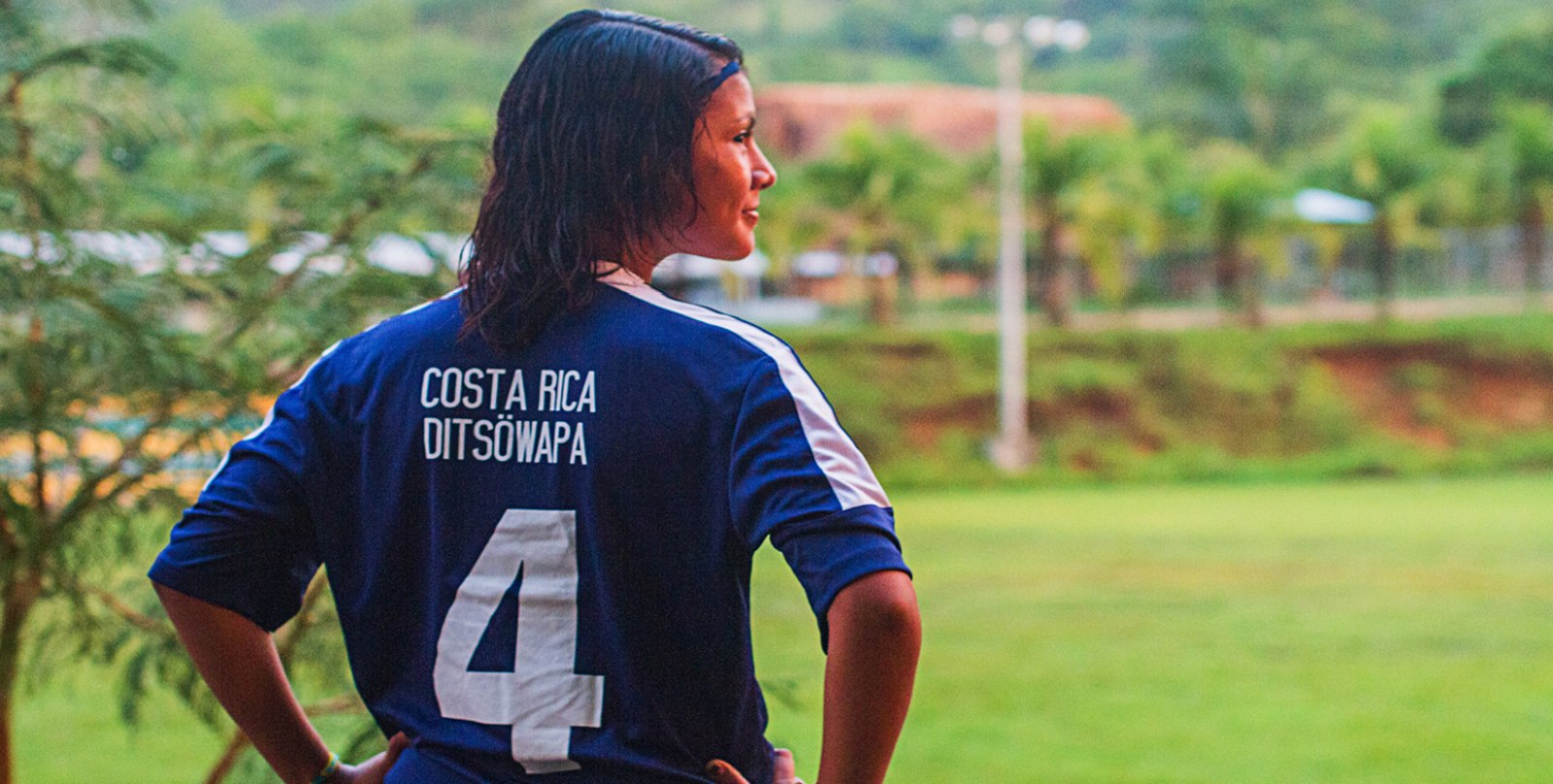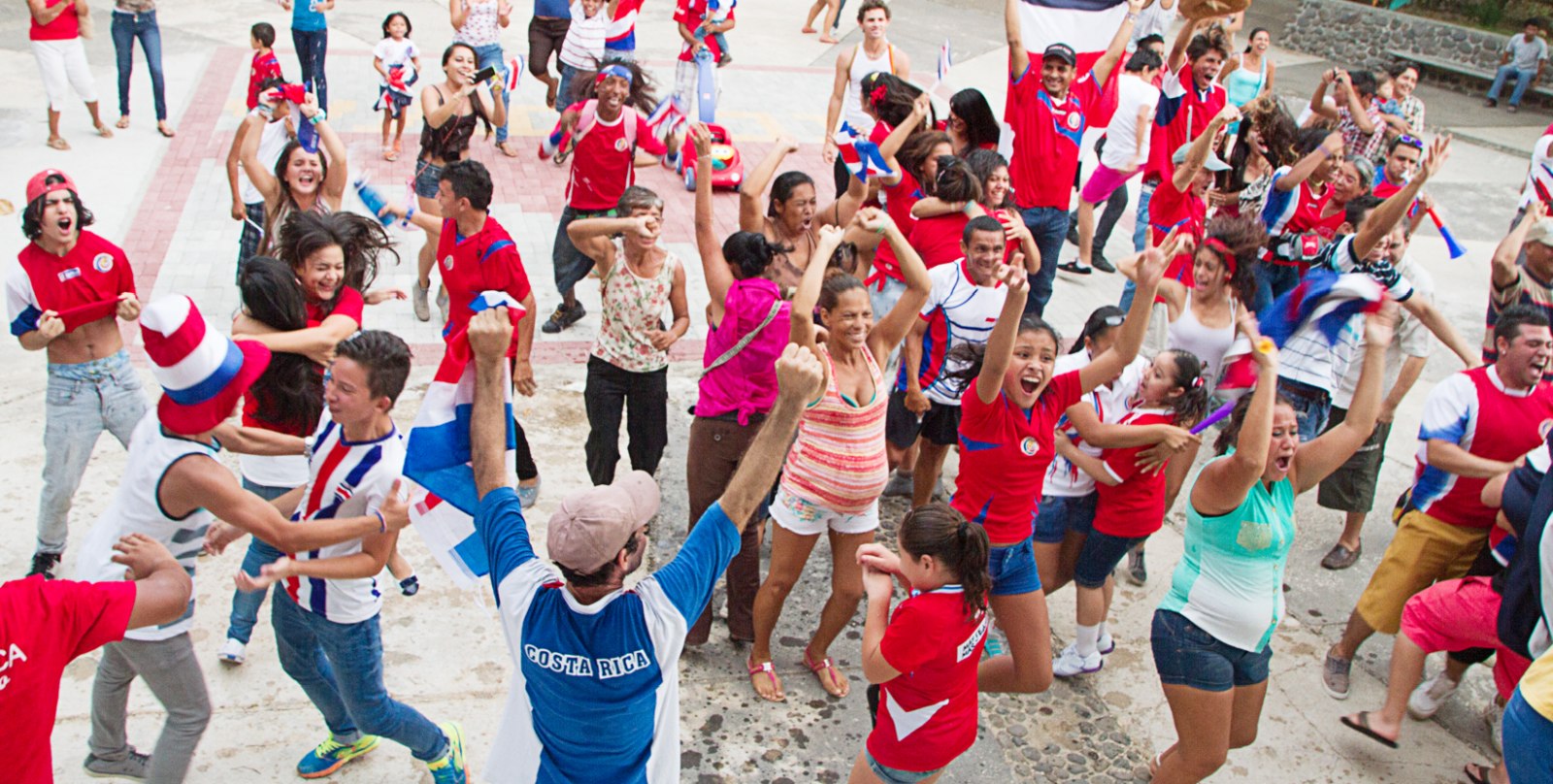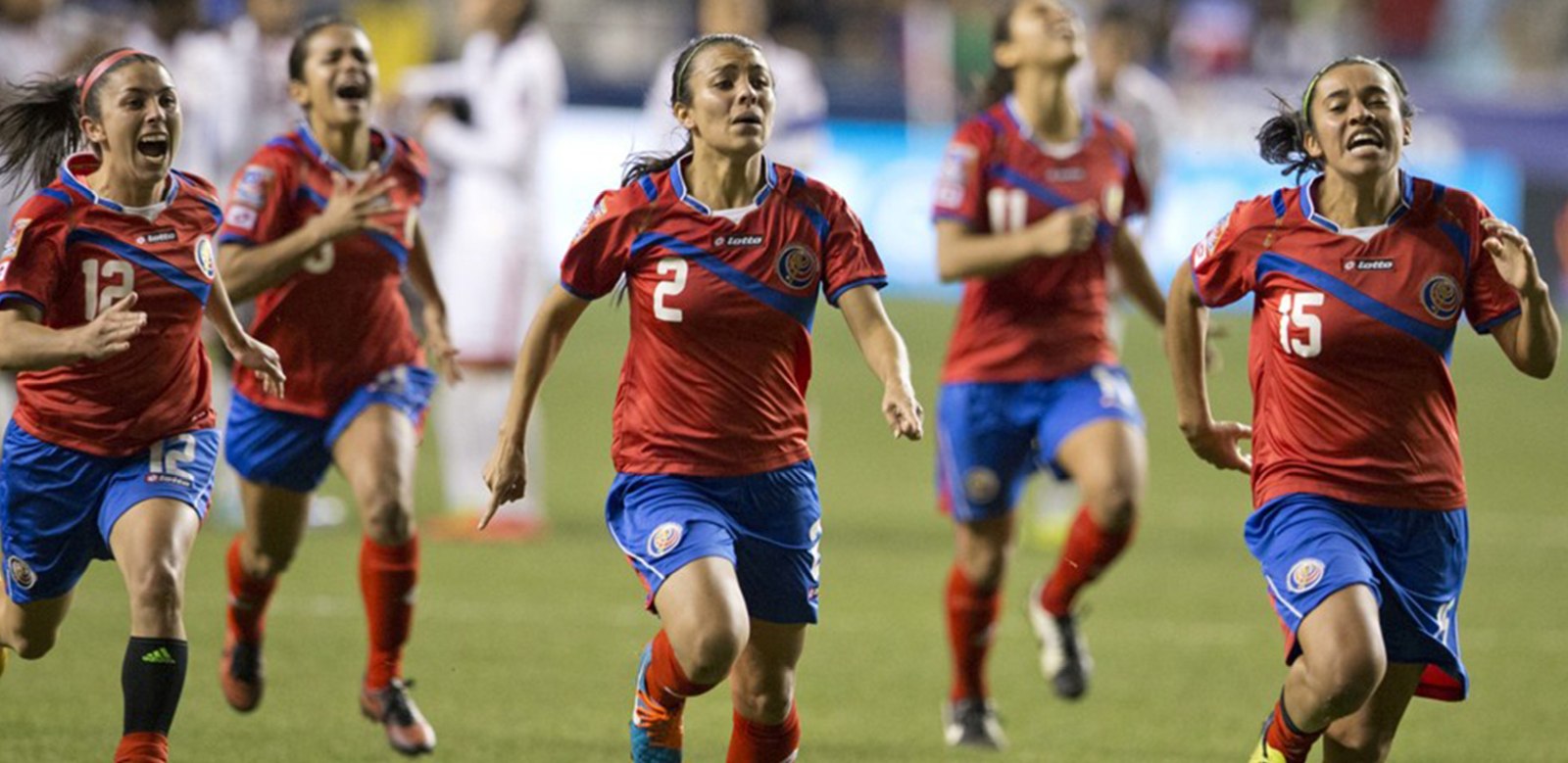
Costa Rica’s national soccer team (La Sele) weren’t the only ones who made history in Brazil in 2014. The Costa Rican indigenous delegation Ditsöwapa (from Bribri, meaning “roots” or “original seed”) also rose to the occasion and achieved a top-10 finish at the Football for Hope festival.
The festival is organized every four years by the International Federation of Soccer Associates (FIFA – Federacion Internacional de Futbol Asociados) in the framework of the world cup. The goal is to foment communal leadership, conflict resolution, social integration and gender equality through sports and the exchange of personal experiences with youths from other parts of the world.
The national delegation was chosen by the organization Youth Promotion and Education Services (Seprojoven – Servicios de Educación y Promoción Juvenil) and was made up of members of a variety of the country’s indigenous communities, including Cabecar, Chorotega, Bribri, Ngabe, Teribe, Brunka and Maleku.
Guanacaste Represented in Tournament
Maria Alicia Solano Aguirre, a member of the team who is from Guanacaste, was thrilled to score twice at the tournament in the land of samba. Solano Aguirre has indigenous ancestry, lives in Matambu of Hojancha, and has great soccer skills.
From the moment she got off the plane, Solano Aguirre told The Voice, she felt at home. “The Brazilians’ friendliness caught my attention; they hosted us very well and that was what I liked best. They made us feel like we weren’t in a strange country,” she said.
The player said that there was a high level of competition among the 32 teams that participated in the festival. “The competition was pretty demanding. There were women who moved very fast, almost like men,” observed Solano.
However, the most satisfaction for the young woman from Hojancha came when she scored two winning goals in the games against Australia and France, both of which ended with a 1-0 score in favor of the Ticos.
Solano Aguirre also said that her Chorotega blood comes from her mother, Maria Aguirre Montiel, and although she doesn’t speak the language of her ancestors, she feels very proud of their traditions and to represent the indigenous heritage of Matambu.
For that reason, she decided to make herself a cloth costume with corn embroidery and dress as a Chorotega princess to represent love for her culture during the competition.
“We all put together one choreography and danced in our costumes,” she explained, adding, “It was my job to make the costume. A woman from here who makes costumes gave me the idea, and I more or less understood and I did it. I copied the model that she had because it was for the Chorotega princess, so I wanted to identify myself with her and highlight the importance of corn in our culture,” she affirmed.
On July 14, Solano Aguirre turned 18 years old, and although she can still participate in Indigenous Cups organized by Seprojoven for several more years, her main goals are to graduate from the technical professional high school in Hojancha and then pursue a career as a veterinarian, marine biologist or tour guide.
She called on youths to avoid vices and drugs and use soccer as a distraction to have fun, as well as playing clean. “To youths I say that instead of doing drugs, they should choose any sport that makes them feel good. Soccer is for fun, with clean play. If we win, it’s great, but if not, it’s no problem,” she concluded.
Costa Rica’s indigenous team defeated the teams from Brazil, France and Australia, tied with Vietnam and Zambia and lost to the United Kingdom as well as another one of the eight Brazilian representatives competing in the tournament.
In total, the team earned 28 points and was one of the ten best teams of the competition. However, their points were not enough to reach the semifinals, as only the top four teams qualified for the round.
The games took place from July 7 to 10 at the Mané Garrincha Olympic Village in Rio de Janeiro. The tournament’s champion was the African island of Cabo Verde.
The competition is unique in that there are no referees to whistle fouls or validate plays. Instead, the players themselves resolve doubts and conflicts through dialogue.







Comments